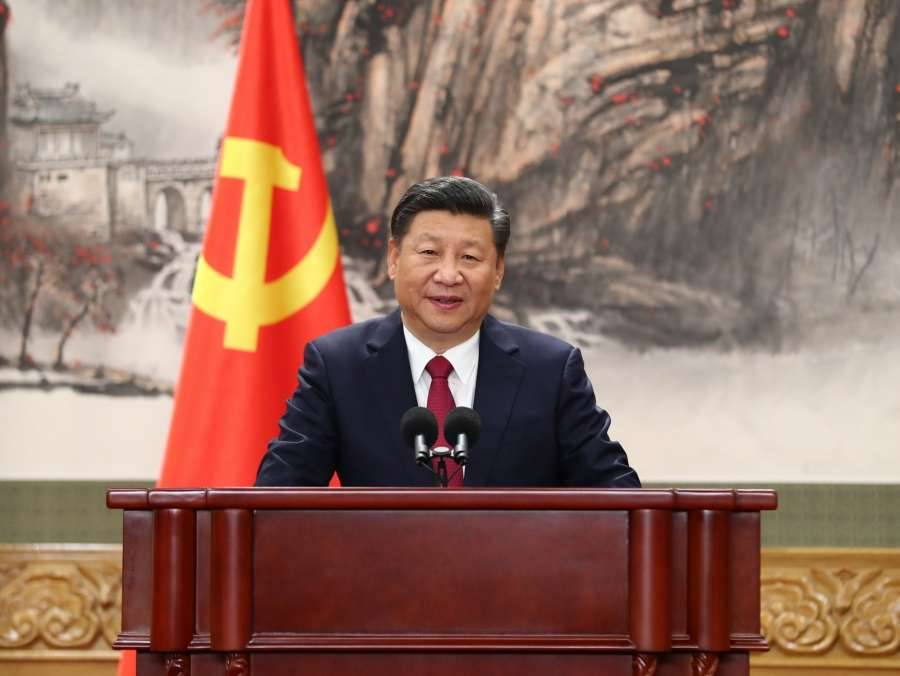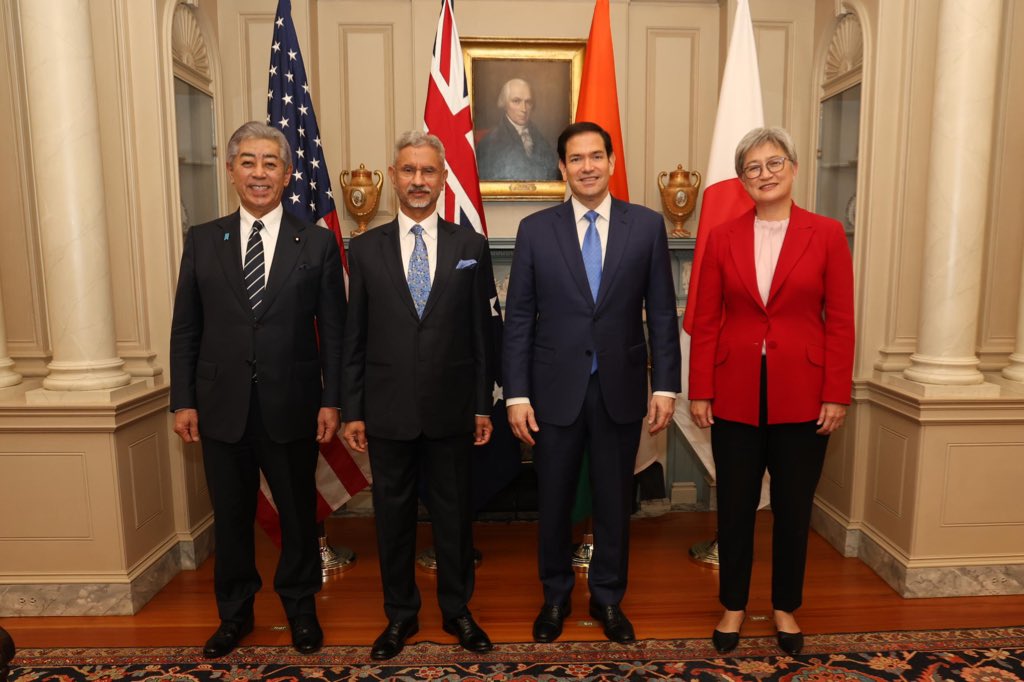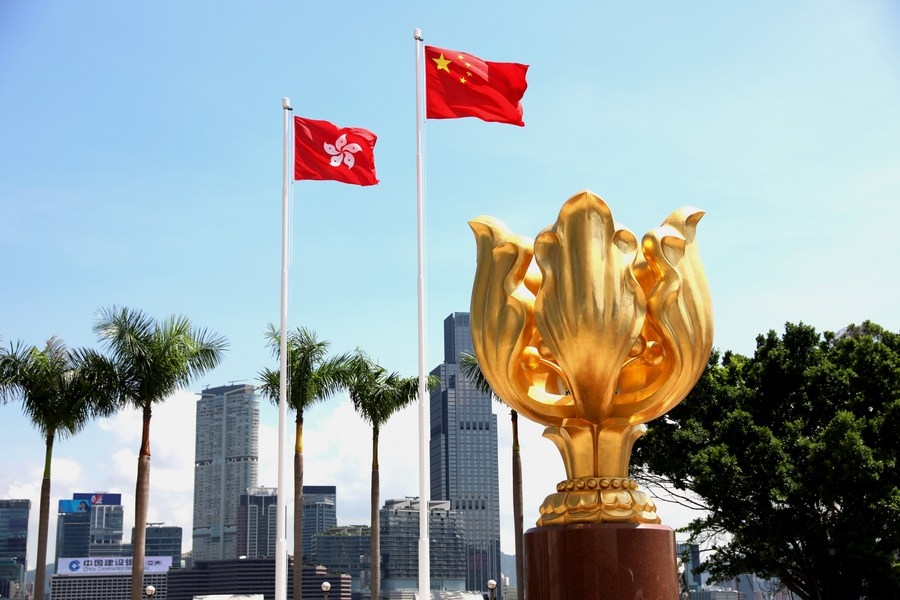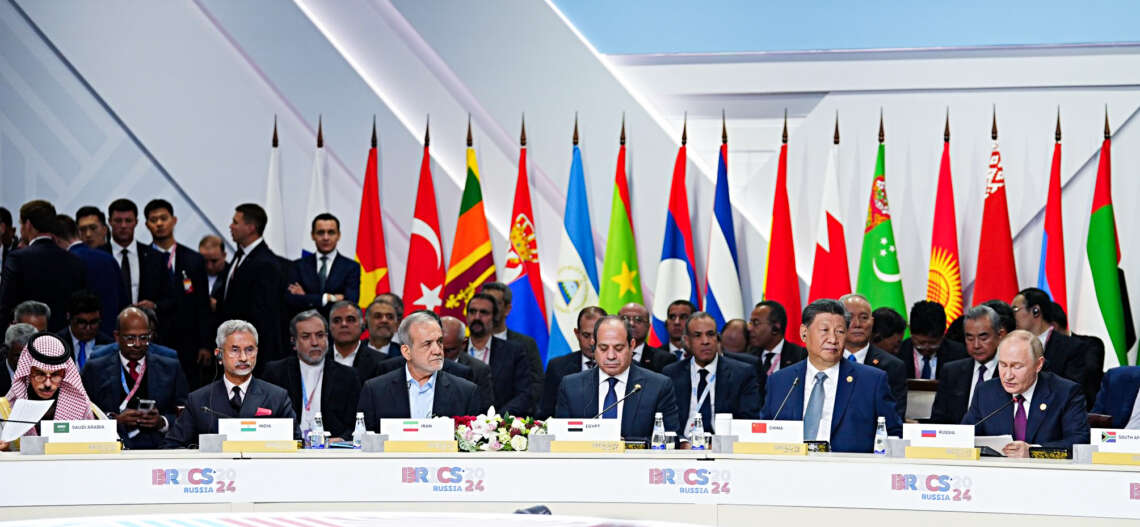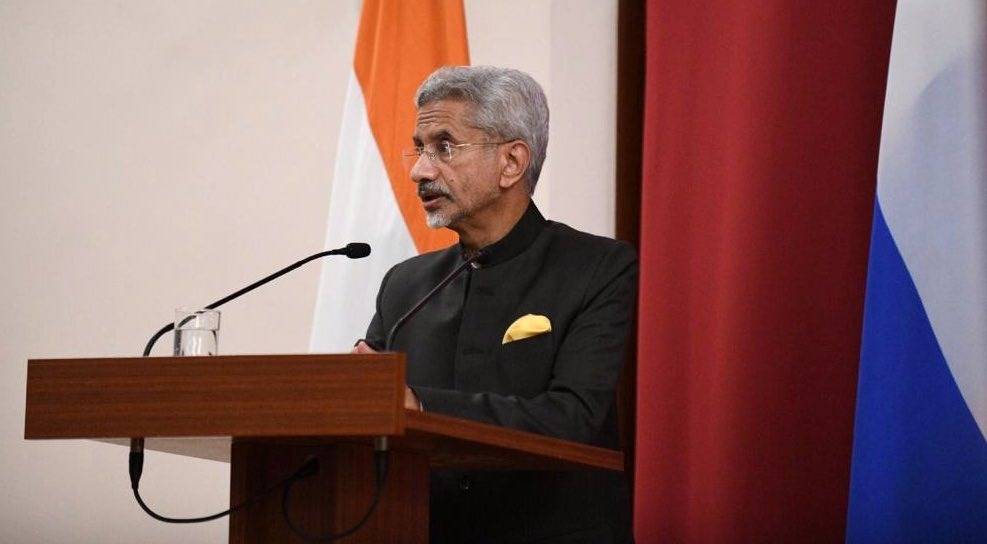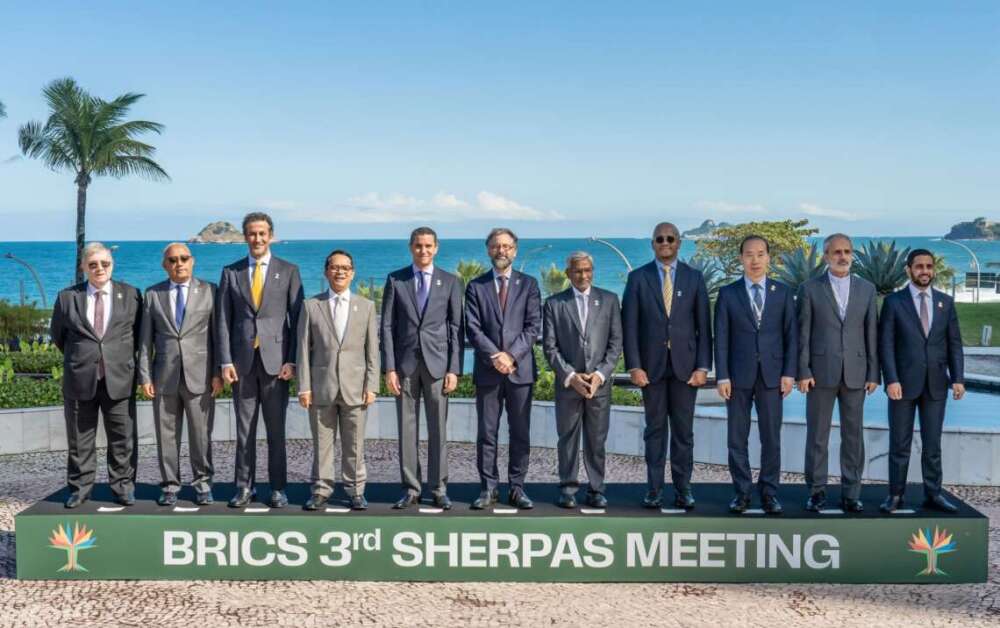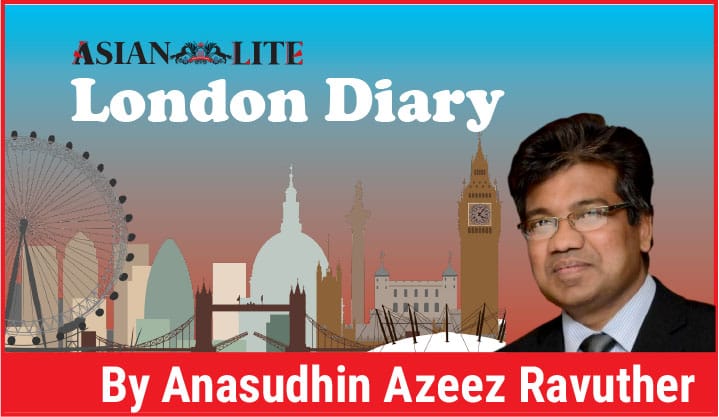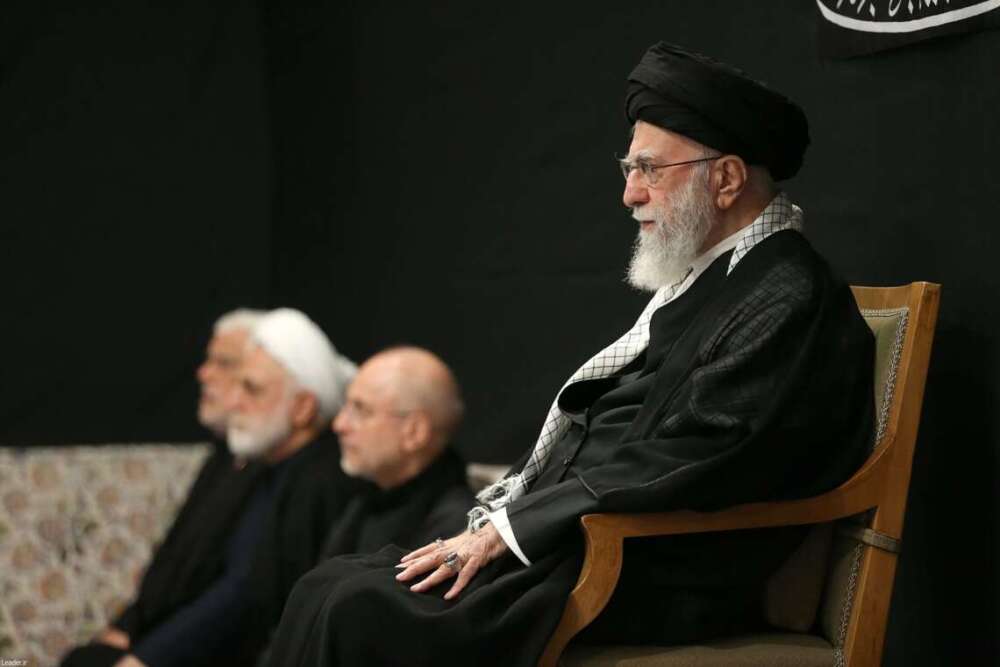The Chinese policy on Afghanistan is opportunist, unreliable and self-obsessed. China which had refused to recognize the Taliban in the 1990s, recently hosted teams of Taliban leaders for publicized meetings with Beijing’s top diplomats … writes Dr Sakariya Kareem
China which has been criticising the US for abrupt withdrawal from Afghanistan without bringing stability to the war-torn country had publicly endorsed America’s plan in which the US will see 2,500 of 4,500 troops withdrawn by mid-January and all soldiers by mid-year. China which had refused to recognize the Taliban in the 1990s recently hosted teams of Taliban leaders for publicized meetings with Beijing’s top diplomats.
China had expressed no interest in joining the post-2001, US-led war effort in Afghanistan. It wanted to remain disengaged from the realms of military effort, political reconciliation and economic reconstruction. It was only after the establishment of the provisional government led by President Hamid Karzai in 2001, that bilateral relations between China and Afghanistan began to grow. However, China has been widely criticised for free-riding on the stabilisation efforts of the US-led forces while it expanded its resource exploration ventures in the country. Taliban has shown confidence in China saying it is welcome to contribute to the rebuilding of the country.
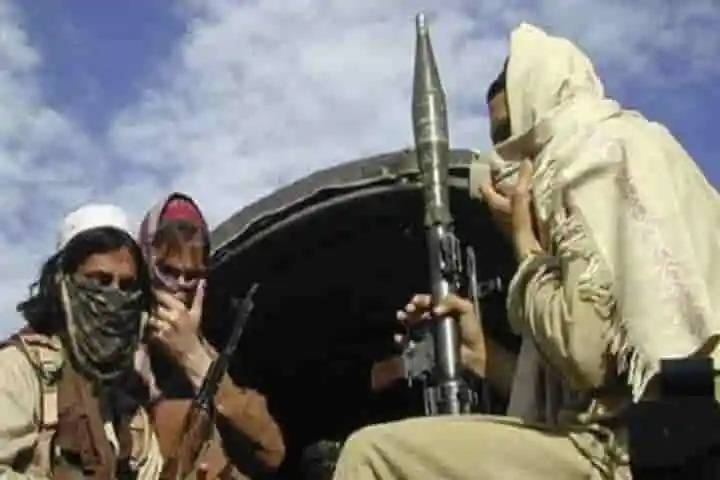
Many analysts have raised suspicion over China’s real intentions in Afghanistan. China’s approach to foreign policy can be largely understood as being inconsistent, and entirely predicated on domestic compulsions. China shores up its diplomatic relationships with countries for its own benefit. Such partnerships confer significant advantages, from military base access to favourable political outcomes, as well as potential trade opportunities. In the case of Afghanistan too, the purpose will be the same. Beijing will only be expanding its diplomatic and economic profile, with its policy visibly moving over time from calculated indifference to increasing engagement.
China’s old track record has proved that It is not a reliable country. China has always undermined trust with its neighbours in recent years. Its belligerent tone, muscular foreign policy, and near-constant sabre-rattling have won it no new friends. It has always maintained zero alliances, and its partnerships are mostly with pariah states that are unreliable, unimportant, or both.
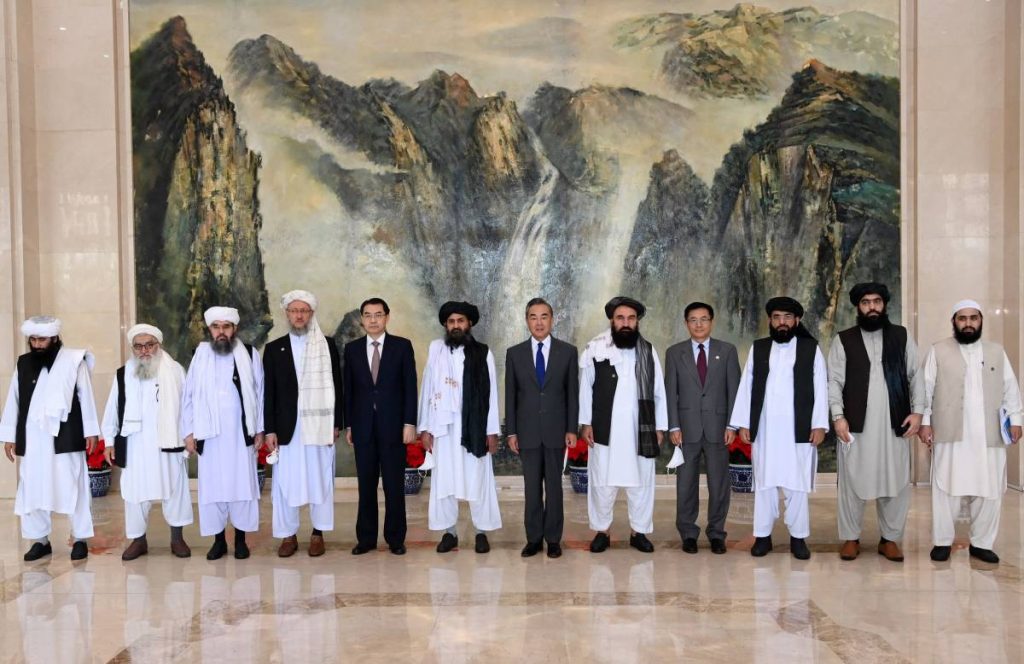
Take Russia’s example. Since Chinese President Xi Jinping came to power in 2012, he and Russian President Vladimir Putin must have met dozens of times. Xi even referred to Putin at one point as “my best, most intimate friend.” The two countries share many interests, most notably the promotion of authoritarianism over the West’s democratic rules-based order. Russia is also opposed to US interests, which fits China’s needs nicely.
READ MORE: Drugs, taxes, mysterious sponsors are sources of Taliban funds
READ MORE: Putin says US presence in Afghanistan ended in tragedies
Despite the fact that China and Russia have steadily enhanced their security cooperation through military exchanges, secret agreements, joint exercises, as well as technical and defence industrial coordination, they remain deeply suspicious of each other.
Russia is uncomfortable with Beijing’s growing influence in the former Soviet republics in Central Asia and with Chinese sovereignty claims in the South China Sea. It would prefer China stay out of the Arctic. However, Russia gives military arms and support to Vietnam and India — both wary of China. Moscow postponed or cancelled S-400 surface-to-air missile deal with Beijing shortly after China fought with India in June along their disputed border in the Himalayas. Moscow appears to be working against Beijing’s interests from time to time. Beijing cannot expect Moscow’s assistance if ever attacked.
Look at North Korea. It is the only country that has something akin to a security alliance with China. In 1961, the two nations had signed the Treaty of Friendship, Cooperation, and Mutual Assistance that obligates China to intervene on North Korea’s behalf if attacked. And yet, Xi only met Kim Jong Un for the first time in March 2018 — an encounter clearly prompted by Kim’s planned summit with President Donald Trump a few months later. The two leaders cannot see eye-to-eye. China does not trust Kim whom it finds reckless with nuclear and ballistic missile tests and ungrateful of Chinese support. Unable to control Kim, China gets minimal geostrategic value for the liability that is North Korea.
As far as Pakistan is concerned, China has often promoted its “all-weather” partnership with Pakistan. Beijing has supported since the Cold War to keep India distracted. In recent years, Islamabad has helped Beijing prevent perceived terrorists in Pakistan and Afghanistan from crossing into China. In return, Pakistan has sought Chinese recognition of its claims in Kashmir. Pakistan has not offered any tangible benefits to China in its China’s great power competition against the US. The growing resentment at Chinese presence and the projects in Pakistan has shaken the confidence of China in Pakistan. The recent suicide bomber attack on a convoy of Chinese nationals in the restive Balochistan province has left China worried. It asked Pakistan to conduct a thorough investigation into the attack. The incident happened in the port city which is strategically important due to the presence of Chinese workers and investment. Gwadar is the culmination point of the USD 60 billion China-Pakistan Economic Corridor (CPEC). China is involved in several projects aimed at development of the Gwadar port on the Arabian Sea which is itself part of China’s Belt and Road infrastructure project.
In the last few months there has been an increase in terror attacks targeting Chinese nationals in Balochistan and Karachi who are working on the CPEC projects and for private enterprises. At least 13 people, including nine Chinese, were killed in a terrorist attack in restive Khyber Pakhtunkhwa last month. Chinese nationals also came under attack in Karachi last month when they were fired upon by gunmen from a moving vehicle.


